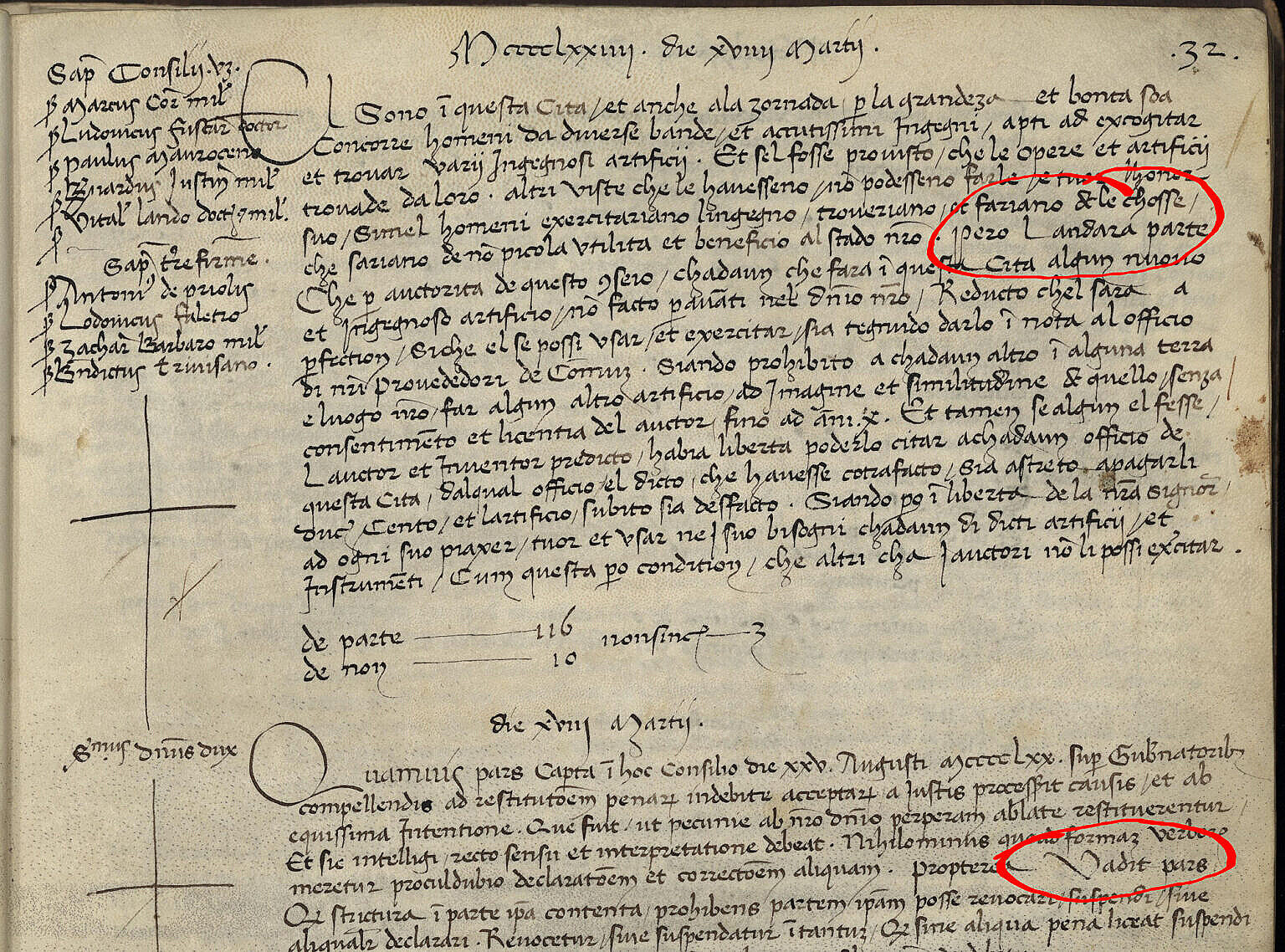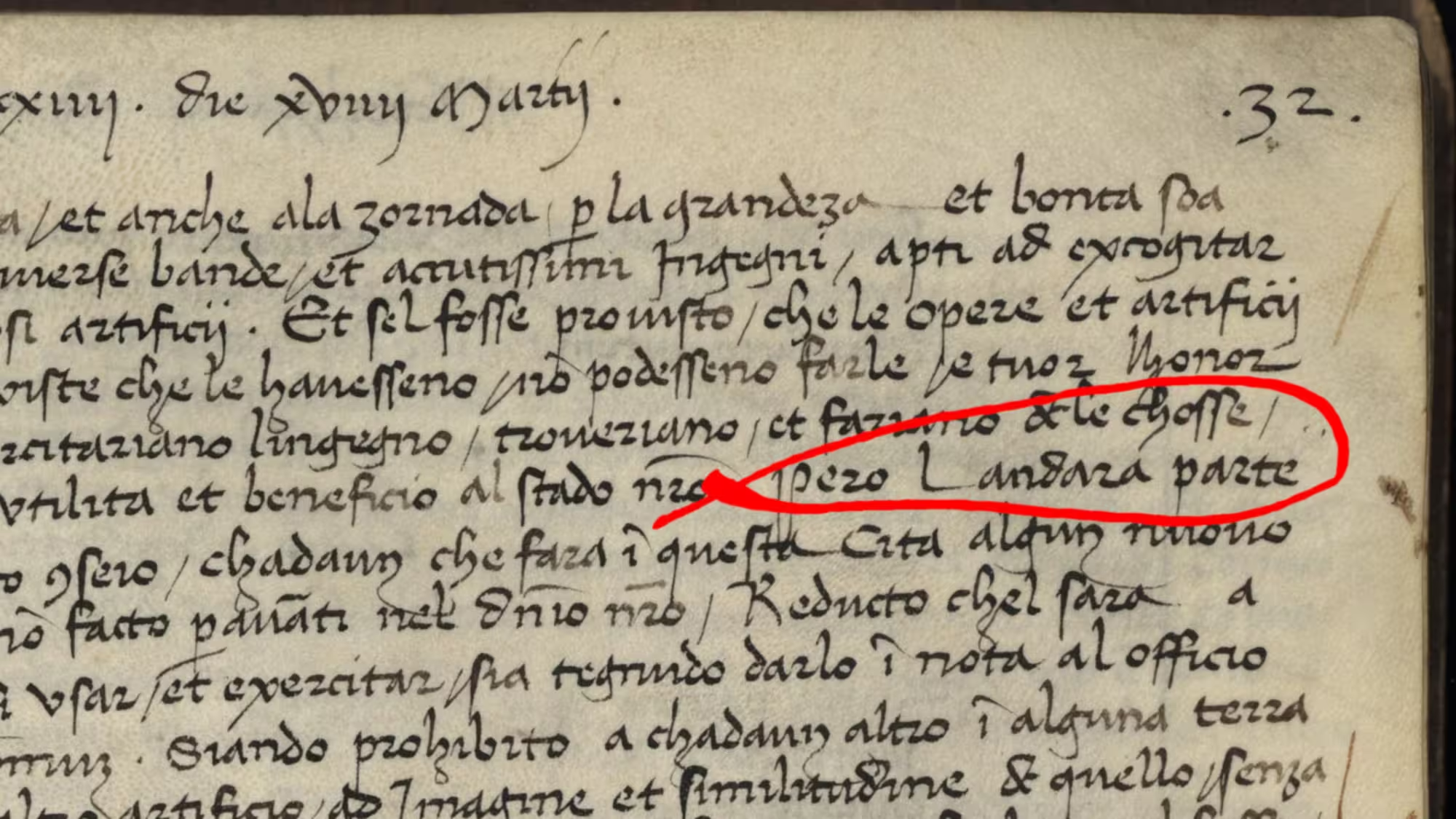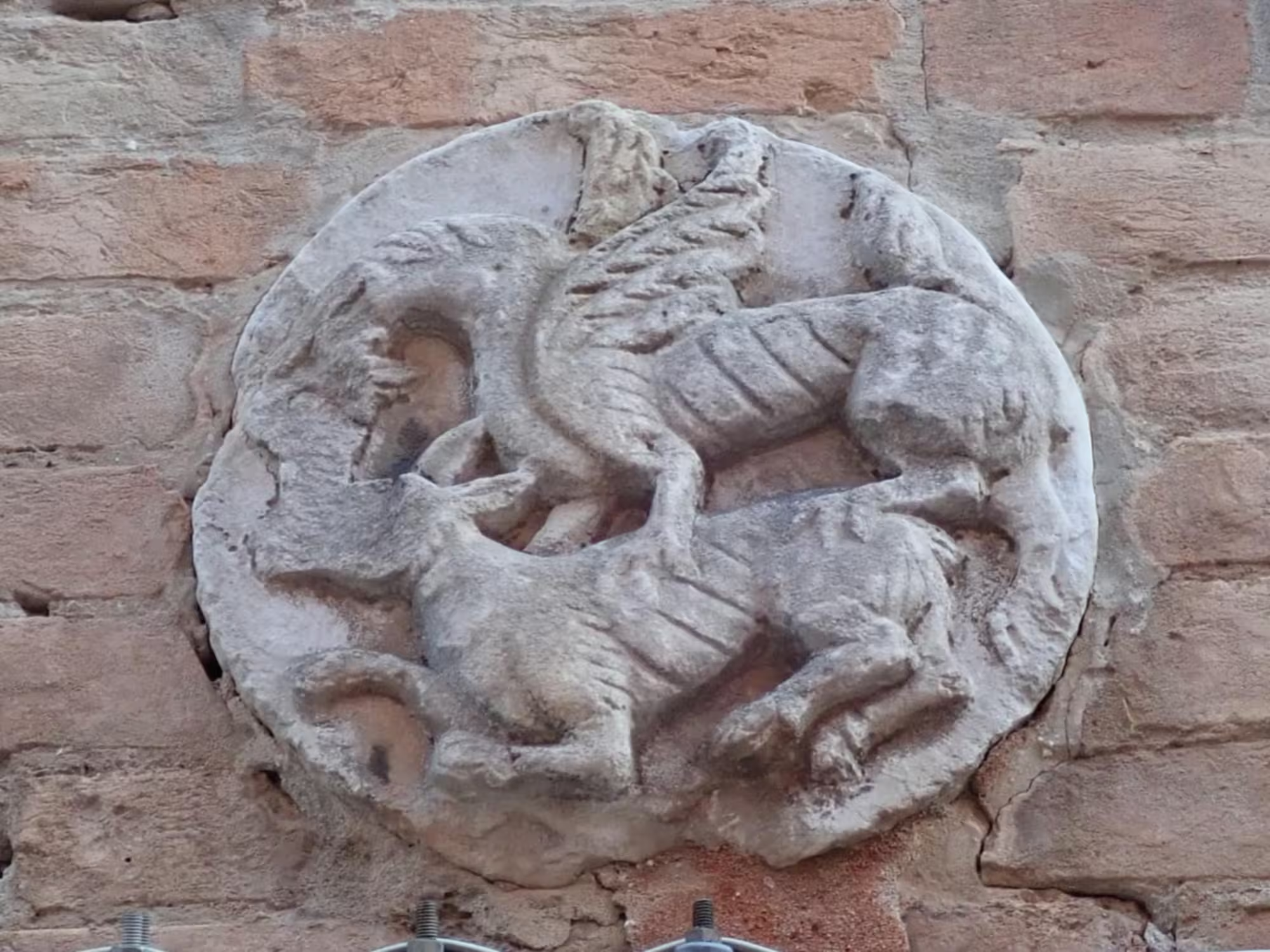I’ve spent some time down a Venetian legal rabbit hole, trying to make sense of centuries old legal texts. One of the problems I ran into was the phrase però l’anderà parte, which taken literally makes very little sense.
Yet the words però l’anderà parte are there somewhere in almost every law, deliberation or proclamation made by the Venetian state, when written in the Venetian language.
Much searching online led to very little clarity.
Però l’anderà parte — a legal idiom
In the end, through a comment to an old newspaper article from one of the local Veneto papers, I found out what it meant.
It is a legal idiom. It only appears in legal texts, and the meaning is not what the words say.
Legal texts usually have a preamble, followed by a series of provisions with the new rules introduced by the text. The preamble sets out the background and the reasons for the law or deliberation.
In modern legal texts such divisions are often very explicit through sections with headings, formatting of the text, and other such typographic means.
In legal texts from the Republic of Venice, the phrase però l’anderà parte within the running text simply marks where the preamble ends and the provisions begin.
The words used don’t really matter, it is practically a kind of legal punctuation.
It sometimes appears as però l’andarà parte (there’s an ‘a’ instead of an ‘e’).
Vadit pars …
Similar Venetian legal texts written in Latin have, in that same position separating preamble and provisions, the words vadit pars.
The Latin word vadit means he/she walks, but in a legal context it means ‘approves’.
The phrase therefore literally means ‘the part approves’, which doesn’t make that much sense.
Most likely, this too is a an idiom.
A quick search online doesn’t give a lot of results for ‘vadit pars’, and what little there is, is all Venetian.

Different languages — same thing
So both expressions are Venetian, and they’re used in legal documents in the exact same way.
They’re also made up of the same words.
The word parte was used in Venetian documents to mean a decree or a deliberation, especially if issued by the Pregadi (the Venetian Senate) or the Maggior Consiglio — see also State institutions of the Republic of Venice.
In the Lessico Veneto by Fabio Mutinelli we have:
PARTE. Name given to the decrees, to the laws and the resolutions which were taken by a Consiglio.
Mutinelli, Fabio. Lessico veneto. Venezia co’ Tipi di G. Andreola, 1851, p. 288
Boerio in his Dizionario del Dialetto Veneziano writes:
Parte (from pars Medieval Latin) was used at the time of the Venetian Republic for a Decree or Law or Resolution, which was taken as a party by a Council both sovereign and legally convened.
Boerio, Giuseppe, Dizionario del dialetto veneziano di Giuseppe Boerio Venezia coi tipi di Andrea Santini e figlio, 1829.
The Venetian and Italian word ‘andare‘ is a mixture of two or more Latin words. Some forms come from vadere, and others from one of ambire, ambulare, or adire.
The forms anderà and vadit are both 3rd person singular forms of a word that means walking, moving, progressing or approving.
My guess is therefore, that the Venetian phrase però l’anderà parte is a simple translation of the related Latin phrase vadit pars — so goes the deliberation.
Related articles
- A Venetian Law
- Venetian Patent law — 1474
- Prostitution in Venice
- Monachini, Moneghini — Lessico Veneto
- State institutions of the Republic of Venice
Bibliography
Boerio, Giuseppe. Dizionario del dialetto veneziano. Venezia : coi tipi di Andrea Santini e figlio, 1829.
Da Mosto, Andrea. L'Archivio di Stato di Venezia : indice generale, storico, descrittivo ed analitico in Bibliothèque des Annales Institutorum, 5. Roma : Biblioteca d'arte, 1937.
Mutinelli, Fabio. Lessico veneto che contiene l'antica fraseologia volgare e forense … / compilato per agevolare la lettura della storia dell'antica Repubblica veneta e lo studio de'documenti a lei relativi. Venezia : co' tipi di Giambatista Andreola, 1851.





Leave a Reply